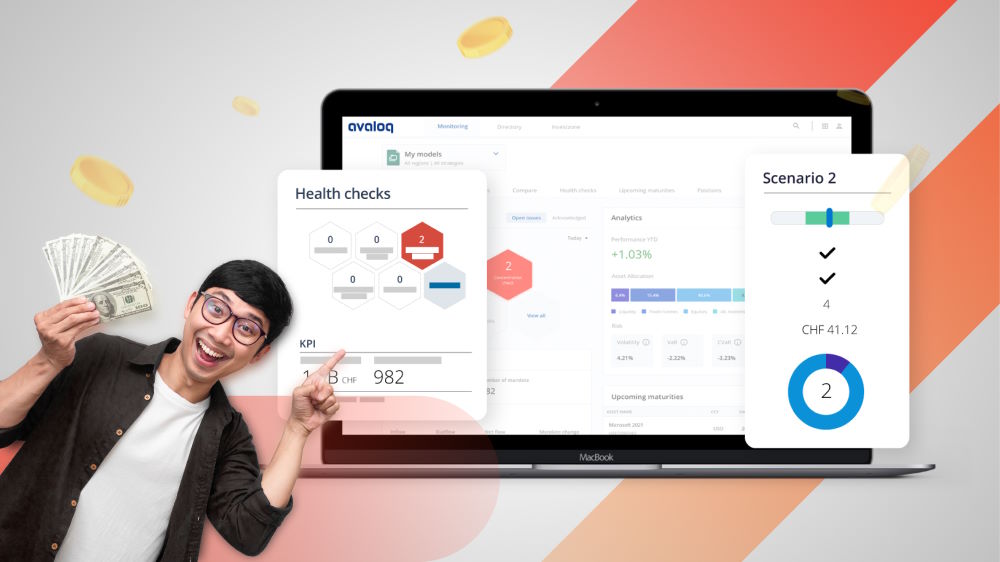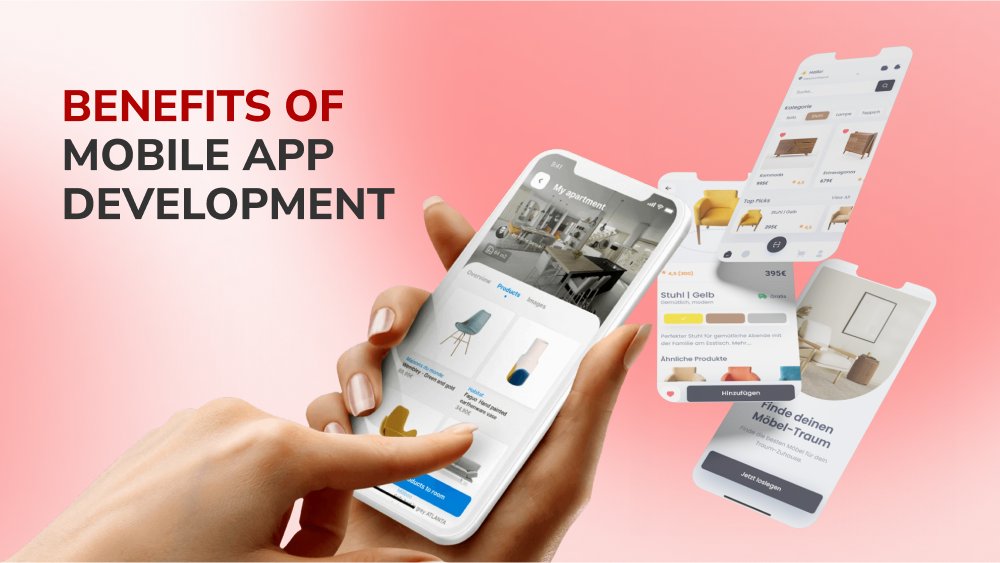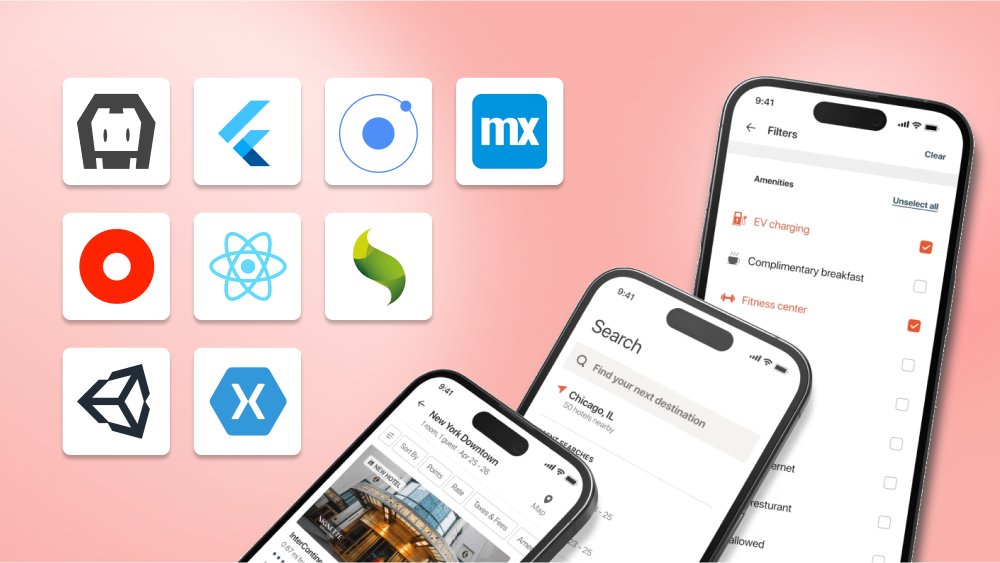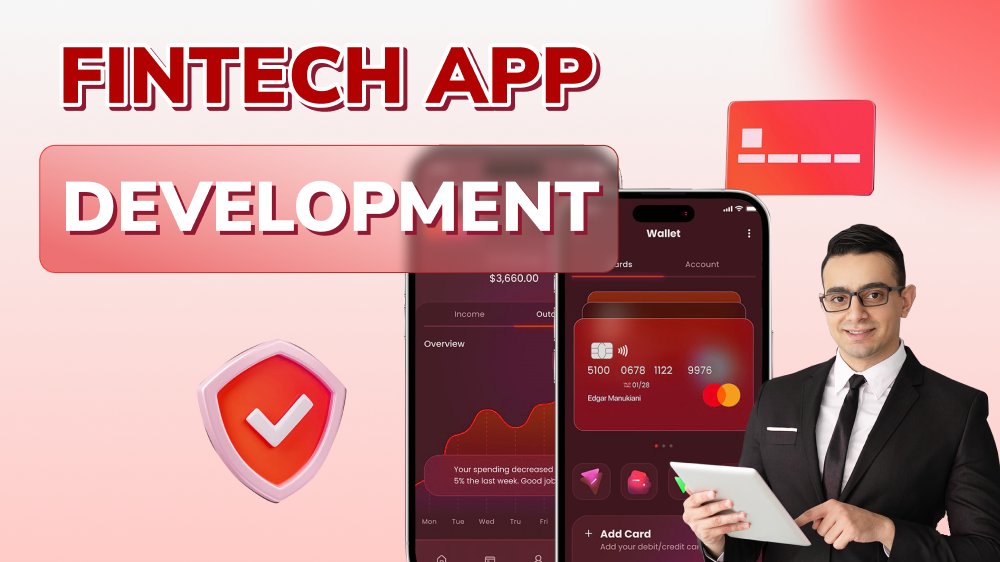Understanding the Basics of White Label App Development
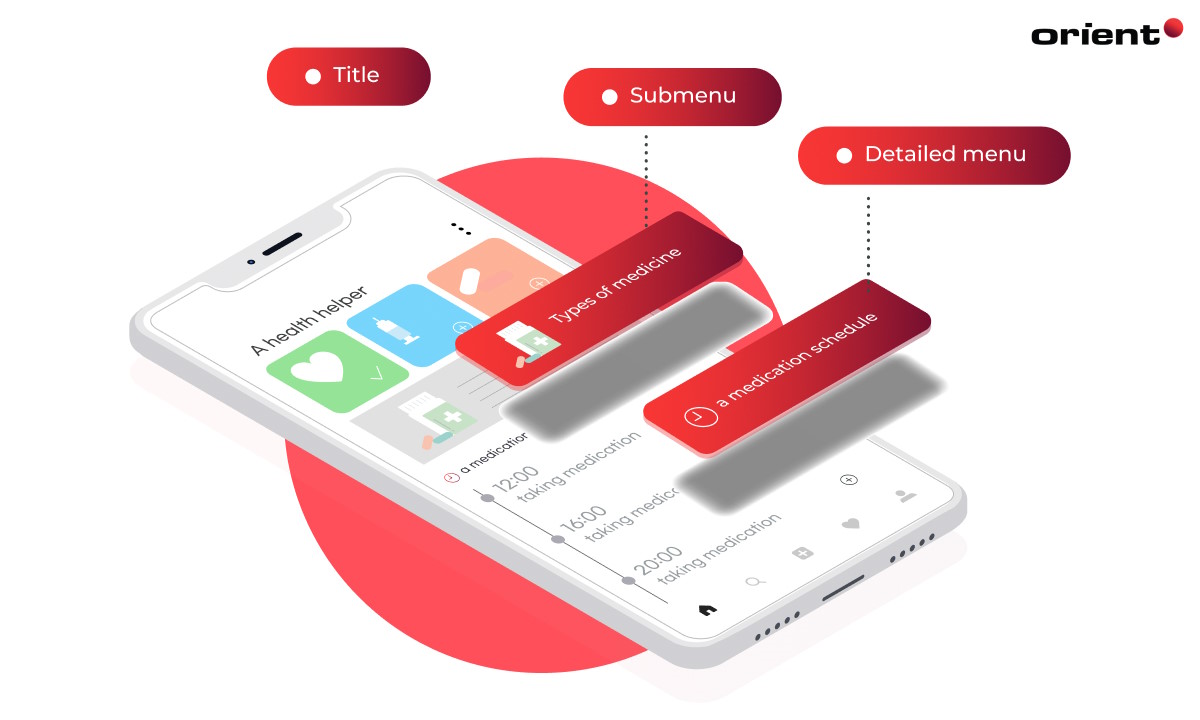
Content Map
More chaptersWhite label app development is when a company develops an app developed to help companies (in the same or similar industry) fulfill a specific business need, task, or function.
The purpose of a white label app solution is to be built and sold to multiple clients at once. Here the underlying source code (backend) is essentially the same for each client, while the UI/UX elements (frontend) can be customized to reflect each client’s own branding and to personalize the user experience with different page layouts and designs.
For companies that operate in the same or similar industry and that need similar app functions and features, they can rent out a white label app on a pay-as-you-go basis for less time and money than building a custom app from scratch.
White label apps have become a popular choice for startups and small-to-medium-sized businesses that want to launch apps in a timely and affordable manner while still having some freedom to personalize their brand, user experience, and unique selling proposition.
But of course, like any part of the app development process, there are unique advantages and disadvantages to white label apps, which you should be aware of before you make an informed purchase.
How Do Software Companies Distribute White Label Apps to Clients?

A white label mobile app is typically built by dedicated software teams. They either build the white label app from scratch or repurpose an existing app to be the white label. They are also usually designed as web apps or mobile apps (or both) to fulfill a specific need and for a specific target market, sector, or industry.
For good white label app examples, think about healthcare providers that use patient booking apps. These apps are designed to make it easier for patients to book and manage their appointments. These apps benefit many healthcare providers, such as general practitioners, hospitals, and dentists, as they all want to make the patient booking process easy and seamless.
Since all of these companies have the same problem to solve, they can use the same white label mobile apps and then customize them to match their unique brand. This would involve customizing different aspects of the front end, such as the color palette, splash screens, page layouts, page designs, fonts, and images.
As a result of this arrangement, the company receives a beautiful, responsive, and feature-rich app, one that satisfies their unique requirements and is ready to launch. Best of all? The app is maintained and updated by the software development team or company, thus relieving the burden of the client.
What Are the Differences Between Single Tenant and Multi-Tenant White Label Apps?
The two most common ways that software development teams distribute white label apps are through a Single Tenant and Multi-Tenant approach.
Single Tenant White Label Apps

With a single-tenant approach, the development team distributes the white label solution to multiple clients. Under this arrangement, each version of the app uses the same underlying source code. But the developer personalizes the front end for each client so that they each have their own app look and feel.
Single tenant white label apps tend to run on isolated servers, are easy to customize (as they don’t share the server with other clients), and clients are free to update the app whenever they want as they are not bound to share the server with other clients.
Multi-Tenant White Label Apps

Multi-tenant white label apps take a slightly different approach from single-tenant apps. They are typically delivered as a SaaS (Software-as-a-Service) model. Under this arrangement, the app is hosted on one server, and multiple clients draw from the same backend technology to power their white label app, which has its own personalized frontend.
Since multi-tenant white label apps run on a shared server, any updates or maintenance performed by the developers will apply to all clients using the same underlying platform. For this reason, multi-tenant white label apps are more cost-effective than single-tenant white label apps. However, they have limited frontend and backend customization.
Pros and Cons of White Label Apps
Like any aspect of the web, mobile, or hybrid app development, there are many pros and cons to consider, which may differ depending on the approach you take. It is especially true when it comes to buying and managing white label apps. These are the most critical pros and cons to consider when thinking about a white label app strategy.
Pros of White Label Apps
Cost Savings
Generally speaking, white label apps are cheaper to build and purchase than custom apps, as each iteration of the white label app uses the same underlying source code. This means that only the front end of the white label app must be customized to meet client requirements.
Some white label apps do allow for backend customization, but that depends on the flexibility of the source code and support for API integration.
Quick to Deploy
Since the underlying source code for a white label app is essentially the same for each client, this means the app is ready to launch once the frontend customization is complete.
This is much faster than building a custom app from scratch, which can take months or up to a year. There is no need to prepare the project scope, allocate development staff, build, test, and deploy the app. Everything has already been done for you.
You just need to customize the front end (and some of the back end if this option is available to you), and then the app is ready to deploy.
Maintenance Taken Care Of
In most cases, white label apps are managed by the software development teams that build them. They will take care of implementing updates, patches, and quality-of-life improvements for you. And with zero effort on your part.
Of course, if you discover a bug or error that needs addressing, then you can contact the white label service provider, and they should resolve it for you.
Cons of White Label Apps
Limited Control and Customization
Depending on what your goals are for launching an app, you may be disappointed by the limited amount of frontend and backend customization options.
Sure, with the front end, you can customize the design, layout, and other aspects of the UI/UX, but it still doesn’t match the level of customization on a custom app. And with the backend, you may be limited by the number of extra features and functions that you can add to the white label app.
So, in essence, your ability to upscale will depend on the type of white label app you choose and the level of support the service provider has to offer.
Risk of Low Security and Compliance
Without full access to the underlying source code of your white label app, there is no way of knowing how safe and secure the app is. Ideally, your service provider should be transparent with you about security, notifying you of their approach to security updates and preventing breaches. If not, consider looking elsewhere for a white label app. Relying on an insecure, non-compliant white label app is not worth the risk!
Limited Scalability
Depending on the type of white label app that you choose, you may be limited in the number of features and functions you can add. You may have to settle with what you have from the very start. Or you may be able to upgrade later once your business needs new features and functions. If scalability is important to you, then make sure your white label app is ready to grow when you are.
How to Choose a White Label App Developer

There are many white label app developers out there. They come in all different shapes, types, and sizes. And they each may specialize in providing specialist apps for specialist target markets, sectors, and industries.
For this reason, it’s important that you do your research. Clearly lay out your expectations of a white label app and choose a service provider that meets your unique requirements. These are a few ways to do just that.
- Relevant Industry Experience – Choose a technology partner with the skills, knowledge, and experience needed to service your target market, sector, or industry. They should have a white label app that is tailor-made for your sector, including your target audience, the problem(s) you want to solve, and the outcome(s) you want to achieve. By doing so, you’ll have little trouble integrating the white label app into your existing workflow, as the app has already been designed to cater to businesses like yours.
- Technical Expertise – White label apps can be built on all kinds of platforms, programming languages, and third-party apps. For example, most front-end development is done with React and Angular, so knowledge of those two technologies is essential. Depending on the type of white label app you wish to use, your technical requirements may be very specific or very flexible. Your technology partner should be able to explain to you, clearly and easily, what your technical requirements may be and then work with you to provide the right solution.
- Past History of Satisfied Customers – Unless you are willing to take a risk with an entirely new platform, choose a technology partner with evidence of past successful outcomes. Most reputable software development companies will have websites with dedicated pages for Case Studies and Testimonials. Read these pages closely. Make sure the achievable outcomes match what you are after and that the testimonials read like they were written by real people.
- Deep Understanding of Mobile App Store Deployment - Some mobile app stores, like Google Play and Apple Store, have systems in place to prevent copycat apps from being available on their storefronts. This means that there may be certain frontend configurations that must be made to ensure the app will not get kicked off the app stores. So be sure to choose a technology partner that knows how to prevent this situation from happening and who keeps up with the latest mobile app store requirements.
Are White Label Mobile Apps Right for Your Business?

If you are in a position where you need to launch a new app, then this can be a tough question to answer.
You may want to launch an app that appeals to your target audience, makes their lives easier, and helps you stand out from the competition. But at the same time, you may be on a short timeline and budget. Fortunately, this is where white label apps can really help out.
White label apps are easy to customize and ready to deploy. And the white label app services provider is responsible for maintenance. Some white label apps are more customizable than others, so you can still customize the front end (and possibly the backend) to suit your unique requirements. Better still, the service provider can take care of customization for you, following your style guide and implementing the right design choices into your app.
Of course, you want a service provider with a strong history of past success, ‘efficient customer support, and a deep understanding of your target market, sector, or industry. That is where a company like Orient Software can help.
We can provide a white label app development service that helps you save time and money on custom mobile app development while taking care of the setup and ongoing maintenance for you. This way, you can focus on what you do best while our expert development team takes care of the rest.
Fill out the online form and discuss your white label app requirements with us today!

